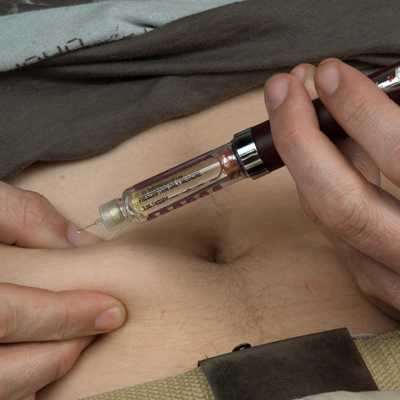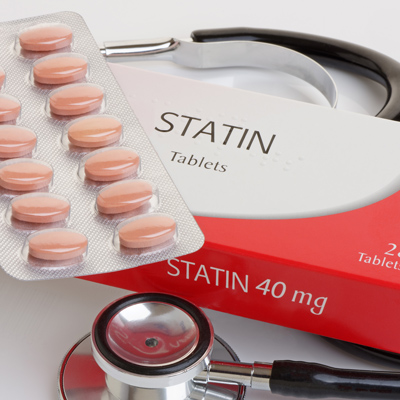TMR's picks from the medical journals
TMR’s picks from the medical journals:

Thumbs up for Gardasil 9
A randomised double-blind follow-up study of the newer, two-dose HPV vaccine has confirmed the long-term effectiveness of the immunisation in preventing HPV-related anogenital cancers and precancers, and genital warts.
The six-year study of 14,215 women, in 18 countries, extends and supports the efficacy and safety of the Gardasil 9 vaccine and adds further weight to hopes the vaccine can reduce 90% of cervical cancers.
Gardasil 9 showed 97.4% efficacy to prevent infections and disease caused by the five additional HPV genotypes not included in the four-valent Gardasil vaccine in women aged 16 to 26.
The study was sponsored and funded by Merck.
The Lancet; September 5

PCOS and diabetes link
Women with polycystic ovary syndrome are four times more likely to develop type 2 diabetes than other women, a prospective population study of more than 54,000 women has shown.
The study also found type 2 diabetes was diagnosed, on average, four years earlier in women with PCOS than for the control group.
BMI was the most reliable predictor of type 2 diabetes in women with PCOS, while older age was not a good predictor, the study authors said.
“Diabetes may develop at a young age [under 40] and screening for diabetes is important, especially in women who are obese and have PCOS,” the authors wrote.
Journ of Clinical Endocrin & Metabolism; 31 August

Don’t trust the labels
When it comes to moisturisers it is yet another case of “buyer beware”, a US study of 174 different retail products concludes.
Of the products tested which claimed to be “hypoallergenic”, more than 80% contained potential skin allergens, while half of the “fragrance-free” products also contained ingredients which could cause allergic reactions.
Moisturisers labelled as “dermatologist recommended” were, on average, a third more expensive than other products.
Dermatologists and patients would need to continue to practise vigilance when it comes to selecting products that were of low allergenic potential, an accompanying editorial said.
JAMA Dermatology; online 6 September

Support for statin guidelines
Treatment with statins reduced deaths from coronary heart disease by 28% in men with very high levels of low density lipoprotein (LDL) cholesterol but no other risk factors or signs of heart disease, a 15-year follow-up study has found.
The study of more than 5000 men provides the first direct randomised trial evidence to confirm current guidance that patients with LDL above 4.9mmol/L should be considered for statin treatment regardless of other risk factors.
“The findings also suggest that we should consider prescribing statins more readily for those with elevated cholesterol levels above 4.0mmol/L and who also appear otherwise healthy,” the study authors said.
Circulation; September


